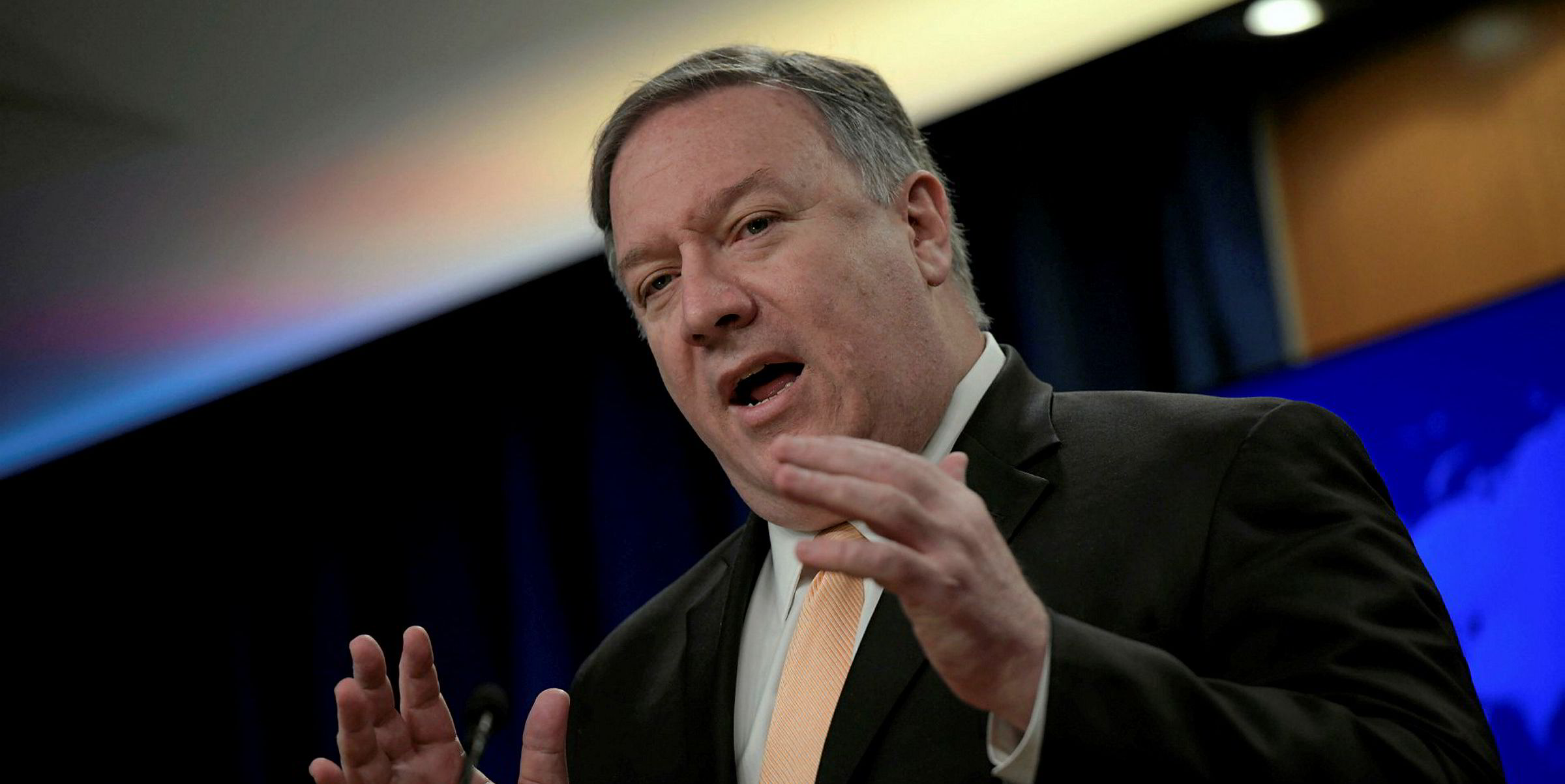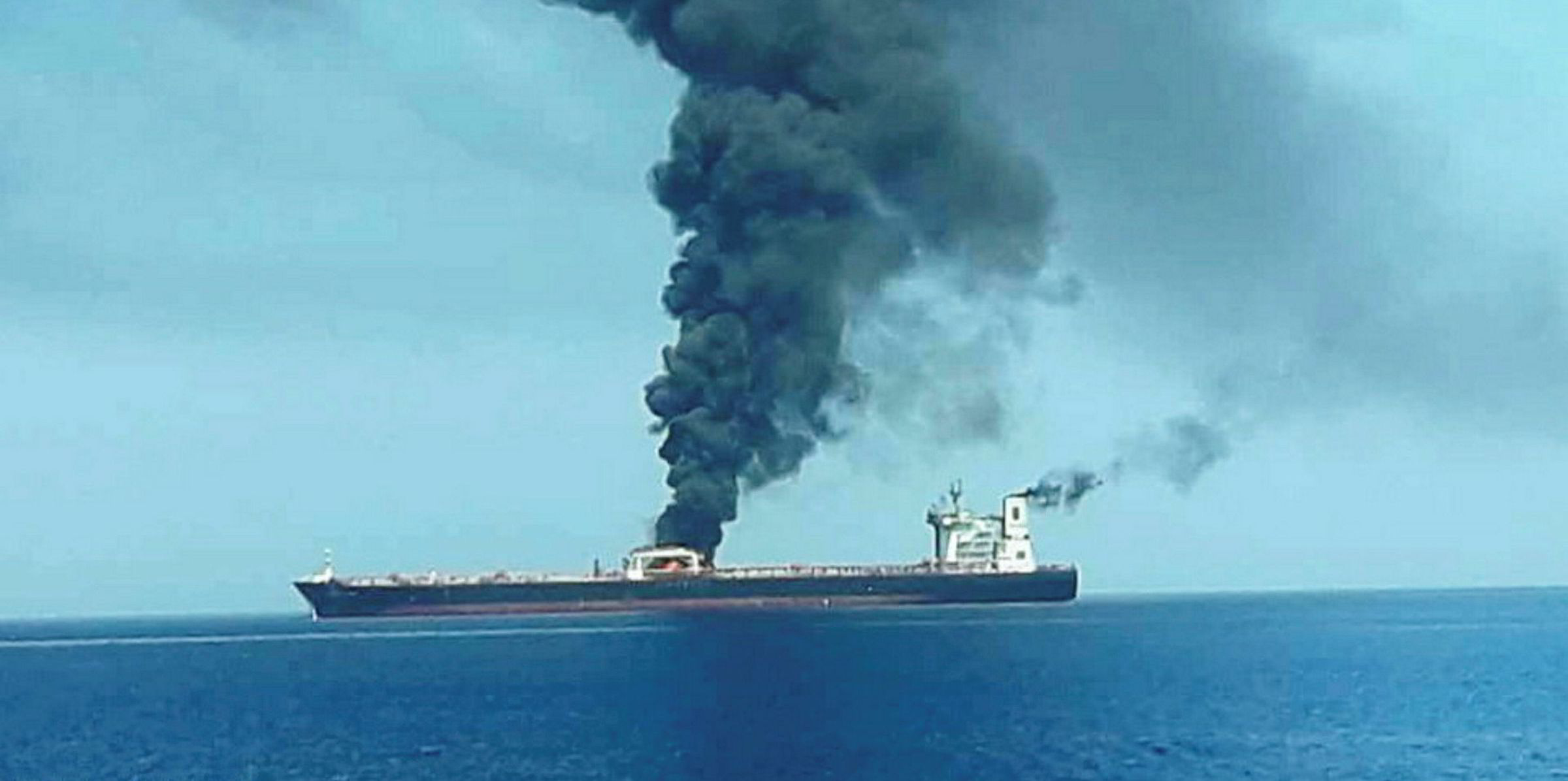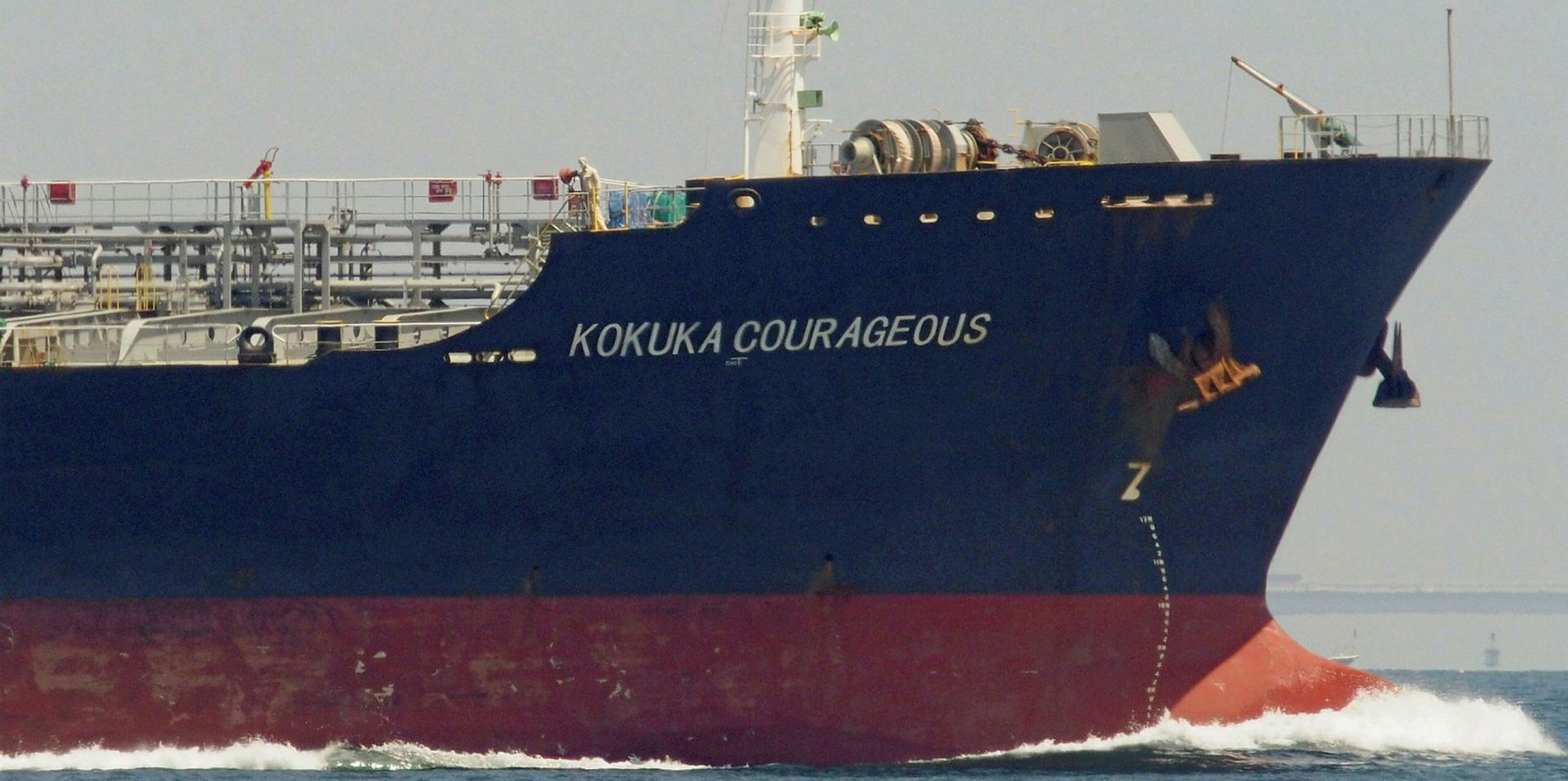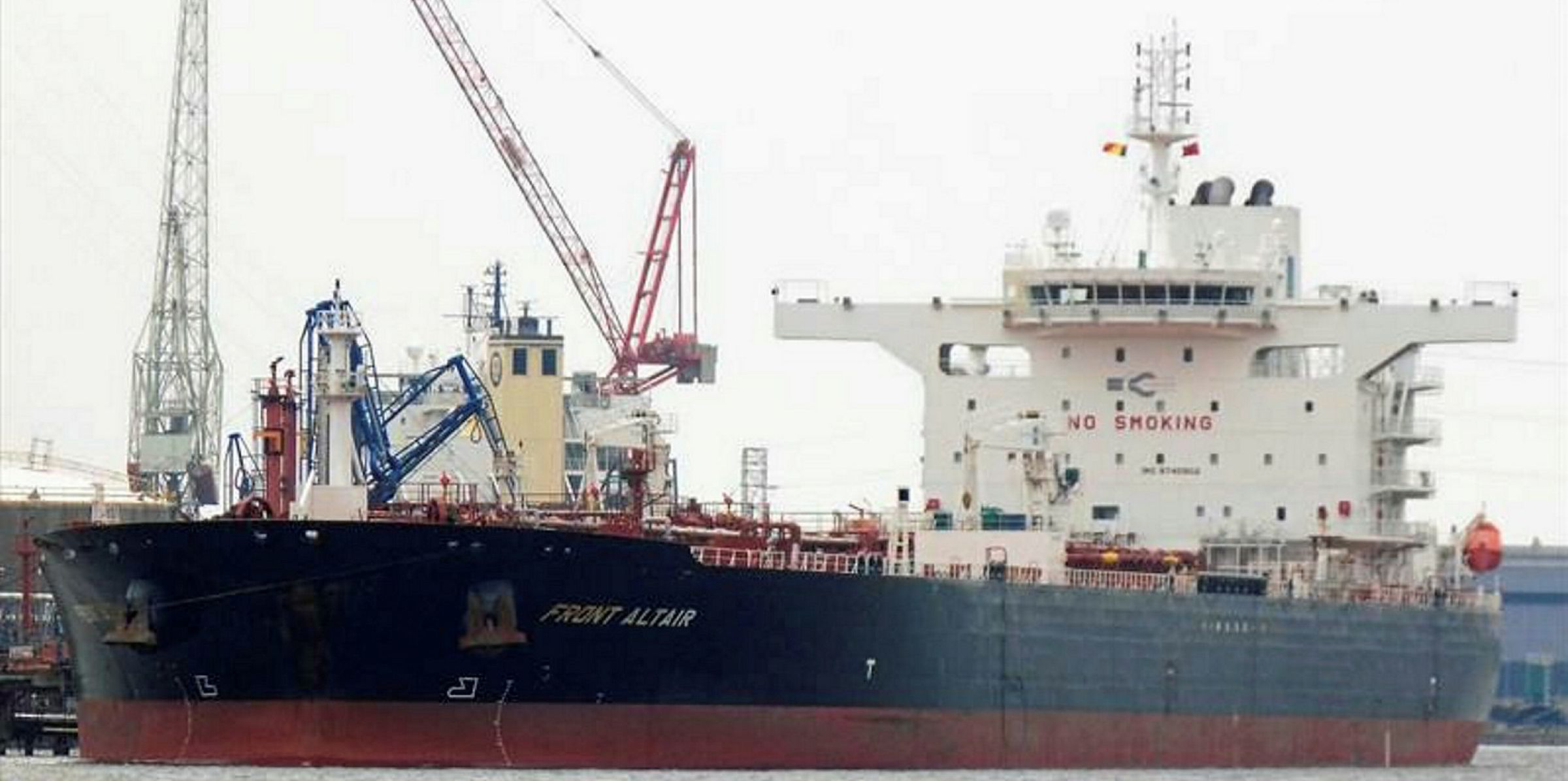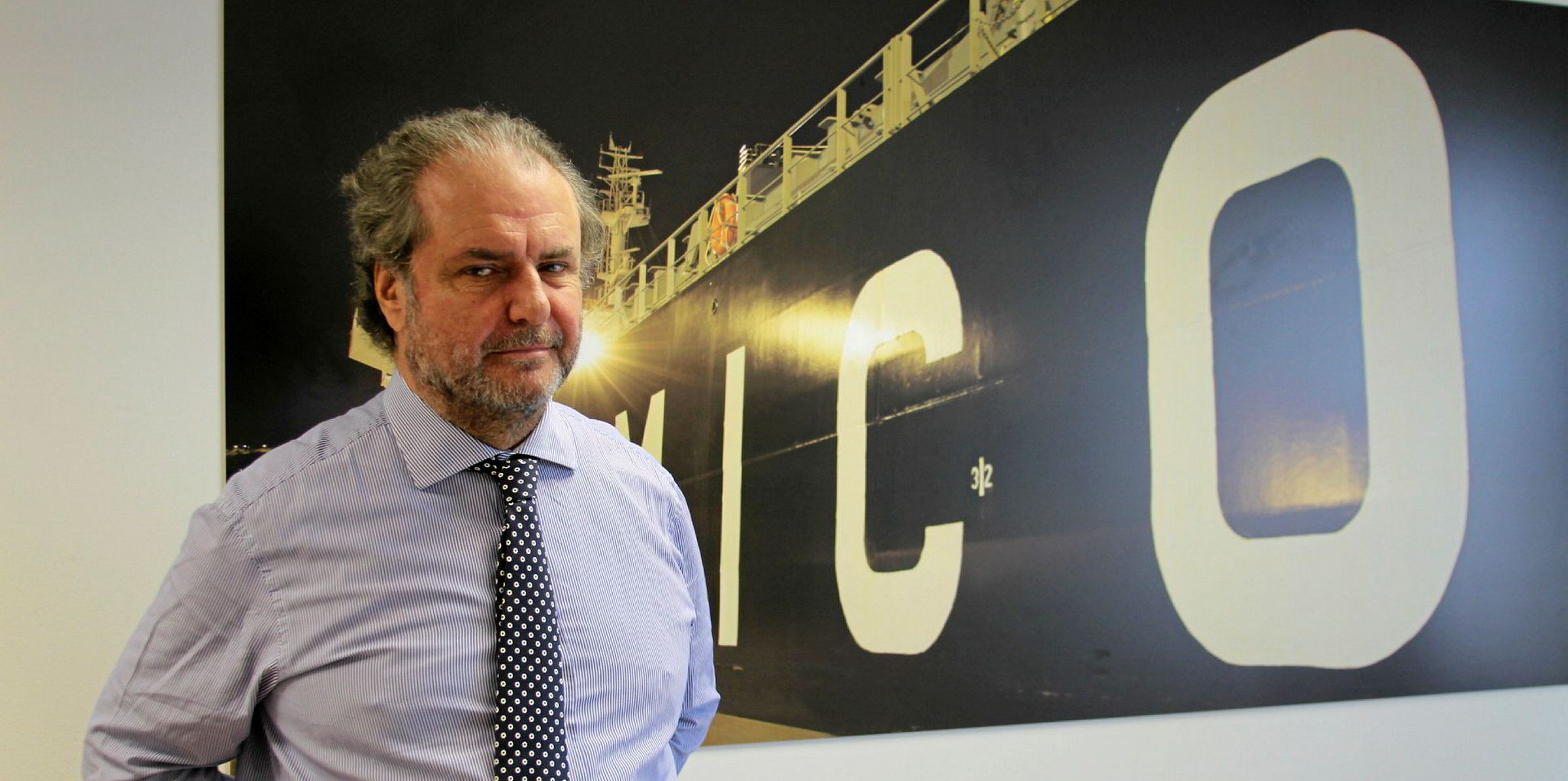The US is blaming Iran for this morning's suspected attack on two tankers near a major artery in the global oil trade.
In a short press conference on Thursday afternoon, US secretary of state Mike Pompeo said the conclusion was based on intelligence, the weapons used, the expertise needed to carry out the attack and other recent incidents he connected to Iran.
"It is the assessment of the US government that the Islamic Republic of Iran is responsible for the attacks that occurred in the Gulf of Amman today."
No other group, he said, has the "resources or proficiency" to pull off the attack, which was taken as a "blatant assault on freedom of navigation".
The attacks forced crews to evacuate the 27,000-dwt Kokuka Courageous (built 2010) and the 110,000-dwt Front Altair (built 2016).
The Kokuka Courageous' manager, Bernhard Shulte, said it suffered a breach above the waterline, while the Front Altair was reportedly hit by three explosions and caught fire.
Neither ship has sunk.
The attack occurred while Japanese Prime Minister Shinzo Abe was visiting the Islamic republic. The visit was reportedly an attempt to ease tensions between the US and Iran, heightened since Washington pulled out of a 2015 deal that would lift sanctions on Iran in exchange for changes to its nuclear programme.
Earlier, Iran's foreign minister, Javad Zarif, tweeted that "suspicious doesn't even begin to describe what likely transpired this morning" while pointing out that the Kokuka Courageous is owned by Japan's Kokuka Sangyo.
Pompeo accused Zarif of making light of the attacks.
"Iran is lashing out because the regime wants our successful, maximum pressure campaign lifted," Pompeo said.
He added that on 22 April, Iran threatened to close the Strait of Hormuz, which carries roughly 30% of the world's seaborne oil each day. Pompeo also pointed to several recent incidents, including the alleged sabotage of four tankers on 12 May, that constituted a pattern of Iranian aggression.
Tehran denied involvement in the May attacks, but the Norwegian Shipowners' Mutual War Risks Insurance Association said the Iranian Revolutionary Guard was "highly likely" to be responsible.
For Thursday's attacks, maritime security firm Dryad Global said there was a "realistic possibility" Iran or a proxy were responsible.
The company said the Fort Altair attack reportedly came from the starboard side, which could have been done to give cover to Iran, alongside the involvement of Iranian ships in the rescue efforts.
"At a time when the Iranian economy is struggling and sanctions are biting, it seems surprising that Iran would endeavour to conduct such a bellicose strategy ... [and] at the same time Japanese Prime Minister Shinzo Abe is conducting talks in Iran," Dryad's note read.
Pompeo called the attacks an "insult" to Japan, given Abe's presence.
"Our policy remains an economic and diplomatic effort to bring Iran back to the negotiating table at the right time, to encourage a comprehensive deal that addresses the broad range of threats, threats today apparent for all the world to see, to peace and security," Pompeo said.
"Iran should meet diplomacy with diplomacy, not with terror, bloodshed and extortion."
